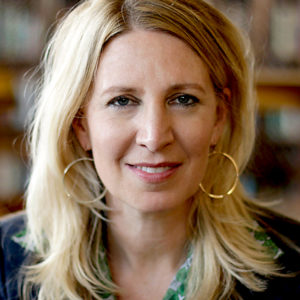Frederick Douglass and Harriet Jacobs: American Slave Narrators
Early on, prescribed formats governed the publication of slave narratives. Douglass based his narrative on the sermon. Jacobs modeled her narrative on the sentimental or domestic novel. Douglass focuses on the struggle to achieve manhood and freedom. Jacob focuses on sexual exploitation. A comparison of the narratives of Douglass and Jacobs demonstrates the full range … Continued



